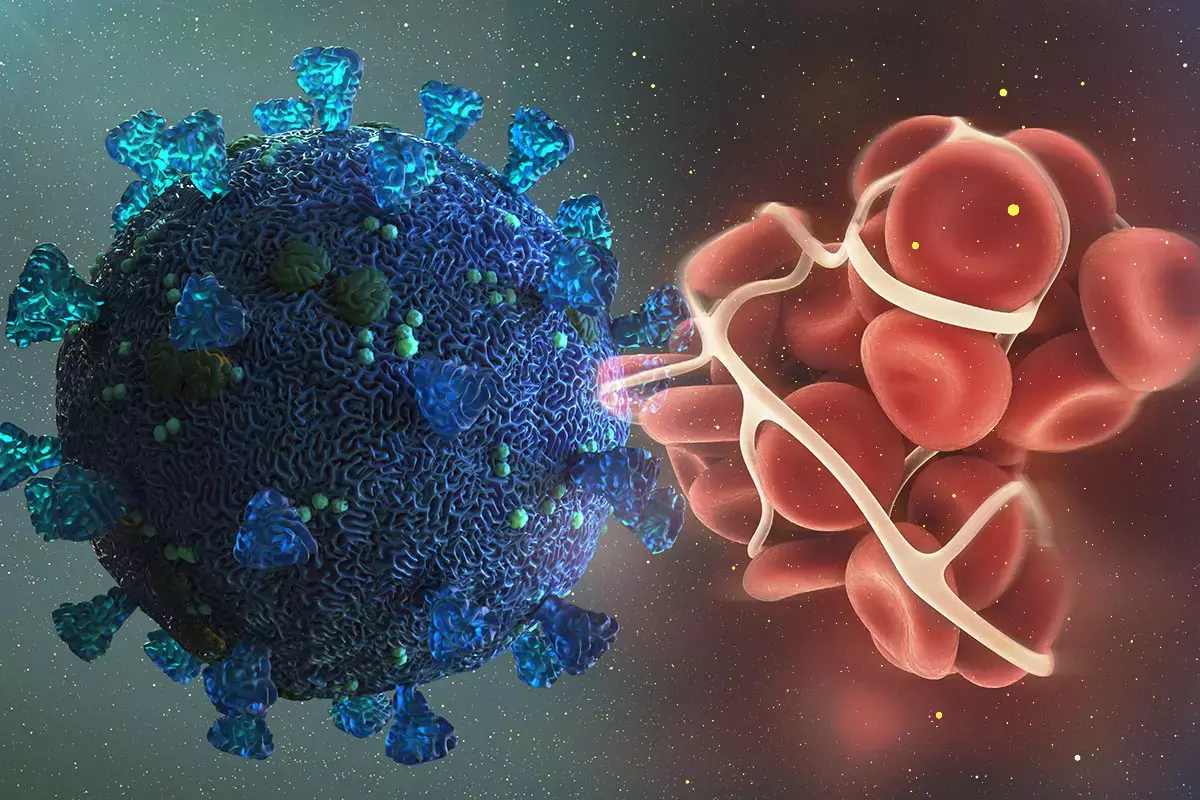- Home
- Medical news & Guidelines
- Anesthesiology
- Cardiology and CTVS
- Critical Care
- Dentistry
- Dermatology
- Diabetes and Endocrinology
- ENT
- Gastroenterology
- Medicine
- Nephrology
- Neurology
- Obstretics-Gynaecology
- Oncology
- Ophthalmology
- Orthopaedics
- Pediatrics-Neonatology
- Psychiatry
- Pulmonology
- Radiology
- Surgery
- Urology
- Laboratory Medicine
- Diet
- Nursing
- Paramedical
- Physiotherapy
- Health news
- Fact Check
- Bone Health Fact Check
- Brain Health Fact Check
- Cancer Related Fact Check
- Child Care Fact Check
- Dental and oral health fact check
- Diabetes and metabolic health fact check
- Diet and Nutrition Fact Check
- Eye and ENT Care Fact Check
- Fitness fact check
- Gut health fact check
- Heart health fact check
- Kidney health fact check
- Medical education fact check
- Men's health fact check
- Respiratory fact check
- Skin and hair care fact check
- Vaccine and Immunization fact check
- Women's health fact check
- AYUSH
- State News
- Andaman and Nicobar Islands
- Andhra Pradesh
- Arunachal Pradesh
- Assam
- Bihar
- Chandigarh
- Chattisgarh
- Dadra and Nagar Haveli
- Daman and Diu
- Delhi
- Goa
- Gujarat
- Haryana
- Himachal Pradesh
- Jammu & Kashmir
- Jharkhand
- Karnataka
- Kerala
- Ladakh
- Lakshadweep
- Madhya Pradesh
- Maharashtra
- Manipur
- Meghalaya
- Mizoram
- Nagaland
- Odisha
- Puducherry
- Punjab
- Rajasthan
- Sikkim
- Tamil Nadu
- Telangana
- Tripura
- Uttar Pradesh
- Uttrakhand
- West Bengal
- Medical Education
- Industry
Increases in Lp(a) During Acute Phase of COVID-19 is Linked to Venous Thromboembolism

Almost two years after the first outbreak in Wuhan, China, Coronavirus disease 2019 (COVID-19) is still driving one of the largest pandemics in the history of mankind. Of other pulmonary symptoms, COVID-19 is also associated with an increased propensity for thrombotic complications. In a recent study, researchers have found that increases in plasma lipoprotein(a) [Lp(a)] levels during hospitalization are associated with venous thromboembolism incidence up to 56%. The study findings were published in the journal Atherosclerosis on December 21, 2021.
Previous studies have demonstrated that COVID-19 elicits hypercoagulability in hospitalized patients. However, the mechanism of remains to be elucidated. Dr Erik S.G. Stroes and his team hypothesized that Lp(a) elevation may act in concert with the acute inflammatory changes during COVID-19 to evoke a disproportionate increase in COVID-19 related thrombosis. To further evaluate, they conducted a study and measured Lp(a), IL-6 and high-sensitivity C-reactive protein (CRP) in COVID-19 patients.
In a prospective study, the researchers assessed Lp(a), IL-6 and CRP levels in 219 hospitalized patients with COVID-19 and analyzed with a linear mixed-effects model. They determined that baseline biomarker and increases during admission were related to venous thromboembolism (VTE) incidence. They further assessed the clinical outcomes in Kaplan-Meier and logistic regression analysis.
Key findings of the study:
- Upon analysis, the researchers found that Lp(a) levels increased significantly by a mean of 16.9 mg/dl in patients with COVID-19 during the first 21 days after admission.
- In the top tertile of Lp(a) increase, they noted that 56.2% of COVID-19 patients experienced a VTE event compared to 18.4% in the lowest tertile (RR 3.06).
- They further noted that this association remained significant after adjusting for age, sex, IL-6 and CRP increase and the number of measurements.
- However, they noted that an increase in IL-6 and CRP was not associated with VTE.
- They highlighted that increase in Lp(a) was strongly correlated with an increase in IL-6 (r = 0.44).
The authors concluded, "Increases in Lp(a) levels during the acute phase of COVID-19 were strongly associated with VTE incidence. The acute increase in anti-fibrinolytic Lp(a) may tilt the balance to VTE in patients hospitalized for COVID-19."
For further information:
Medical Dialogues Bureau consists of a team of passionate medical/scientific writers, led by doctors and healthcare researchers. Our team efforts to bring you updated and timely news about the important happenings of the medical and healthcare sector. Our editorial team can be reached at editorial@medicaldialogues.in.
Dr Kamal Kant Kohli-MBBS, DTCD- a chest specialist with more than 30 years of practice and a flair for writing clinical articles, Dr Kamal Kant Kohli joined Medical Dialogues as a Chief Editor of Medical News. Besides writing articles, as an editor, he proofreads and verifies all the medical content published on Medical Dialogues including those coming from journals, studies,medical conferences,guidelines etc. Email: drkohli@medicaldialogues.in. Contact no. 011-43720751


